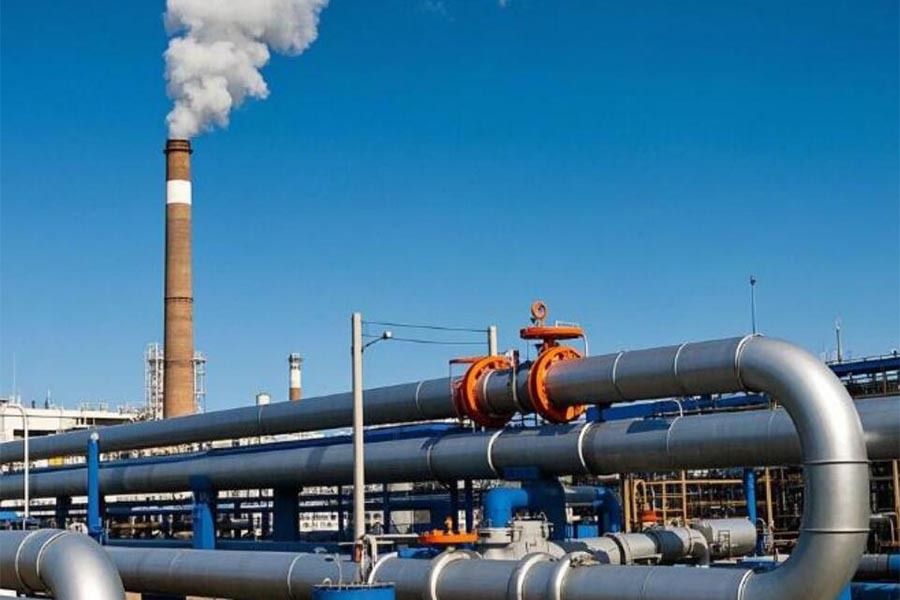What is the difference between a product tanker and a crude oil tanker?
Release time:
2021-11-09
The main difference between a product tanker and a crude oil tanker lies in the type of cargo to be transported, the design of the vessel and its functional use.
The main difference between a product tanker and a crude oil tanker lies in the type of cargo to be transported, the design of the vessel and its functional use. The following is a detailed comparison:
I. Difference in Transported Cargo
Cargo type
Product oil tanker: Transportation of refined petroleum products, such as gasoline, diesel oil, kerosene, lubricating oil, etc., with high requirements on oil cleanliness and isolation.
Crude Oil Tanker: Transporting unprocessed crude oil, single cargo and large volume, usually without the need for segregated storage.
Cargo tank structure
Product oil tankers are equipped with several independent tanks to avoid mixing of different oil products and special pipeline system;
Crude oil tankers mostly have a single large tank, focusing on load stability.
Second, the ship design characteristics
Tonnage and Scale
Crude oil tankers have larger tonnage, such as ultra-large tankers (VLCC) and super giant tankers (ULCC) can carry more than 300,000 tons, the pursuit of economies of scale;
The tonnage of product tankers is usually smaller (such as Handysize and Panamax) to adapt to flexible transportation needs.
Safety and Environmental Protection
Product tankers require higher fire and explosion prevention standards (e.g. cabin sealing, isolation of empty tanks design), as the flammability of product oil is higher;
Crude oil tankers focus on leakage prevention measures such as double hulls and specialized ballast tanks.
Functions and Supply Chain Roles
Product oil tankers directly supply the end market (e.g., gas stations, industrial facilities) and require faster speeds to shorten the transportation cycle.
Crude oil tankers connect oil producing areas and refineries, with a longer transportation cycle and lower timeliness requirements.
Summary: The two are complementary in the energy supply chain, with product tankers focusing on refined transportation and crude oil tankers focusing on the transportation of bulk raw materials, and the design differences are mainly driven by cargo characteristics.
More information




